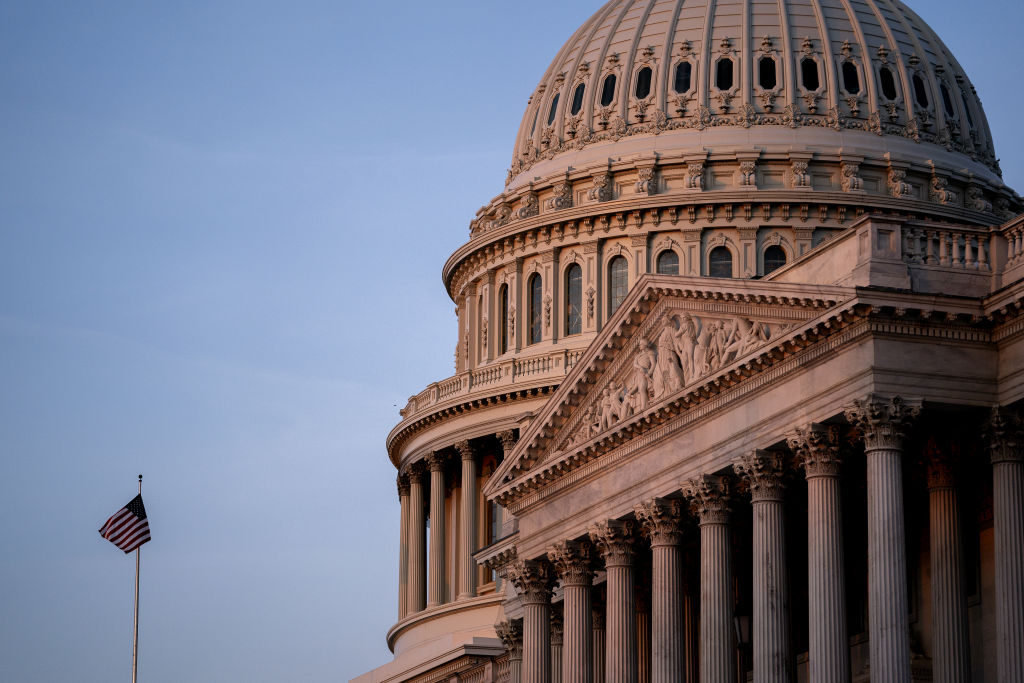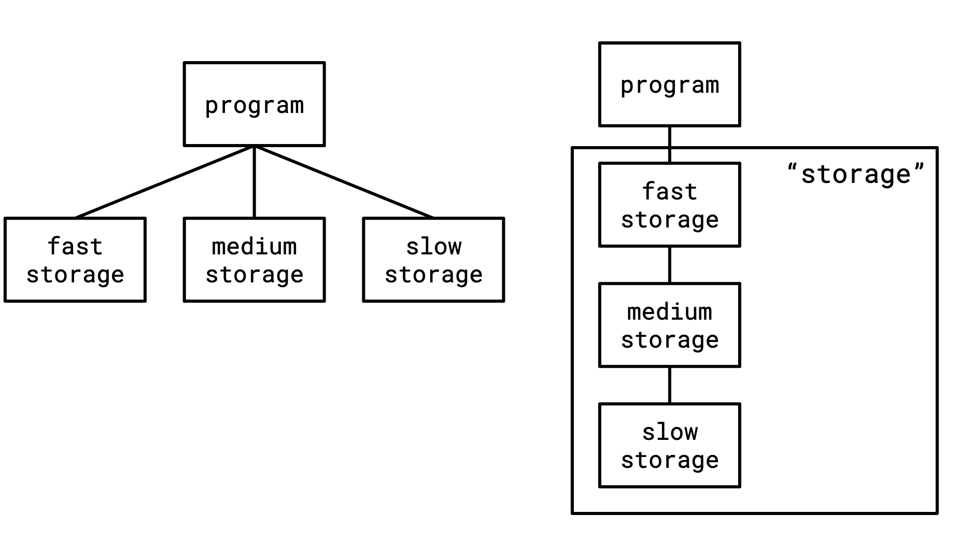These Republicans Savaged Their Party’s Bill, Then Voted for It

In the days leading up to House passage of Republicans’ sweeping policy bill carrying President Trump’s agenda, members of the ultraconservative House Freedom Caucus were unsparing in their criticism of the measure.
“That’s not fiscal responsibility. It’s not what we agreed to,” lawmakers in the caucus said in a statement after the Senate passed its version earlier this week with several major changes. “Republicans,” they added, “must do better.”
Representative Chip Roy, Republican of Texas and one of the most vocal fiscal hawks in Congress, fired off a series of posts outlining what he said were the seemingly endless list of problems with the bill.
“Increases deficits and violates the terms of the budget deal,” he wrote.
Representative Keith Self of Texas called it “morally and fiscally bankrupt.”
In the end, all of them voted for the bill, after an hourslong revolt that stretched from Wednesday night into early Thursday morning and ground the House floor to a halt. The legislation was unchanged, and while those who switched their positions to embrace it alluded to deals they had cut with Mr. Trump to address their concerns, it was not clear what, if any, commitments had been made or whether any would be fulfilled.
Representative Andy Harris of Maryland, the chairman of the Freedom Caucus, said that he and other conservative holdouts were swayed after discussions with Mr. Trump about “executive actions” and other steps he and his administration could take to change the way the law would be implemented.
“We came to significant agreements with the administration that changed the entire package, both inside and outside the bill, significantly.” Mr. Harris said after the final vote.
(Once enacted, the legislation itself cannot be changed except by an act of Congress.)
Mr. Roy wrote on social media that the Freedom Caucus had “successfully delivered substantive wins,” hinting that more would be revealed. Speaker Mike Johnson told reporters at the Capitol that the holdouts had not “caved,” but instead had made a “thoughtful and informed decision.”
It was the reprise of a routine that has become common at the Capitol. Spending hawks in the House declare their irrevocable opposition to the fiscal legislation Mr. Johnson is trying to advance. Then, after publicly airing their grievances and picking a legislative brawl that threatens to kill it, they come around and back it.
They weren’t the only ones. A bloc of more moderate House Republicans from politically competitive districts, many of whom had warned that the bill’s Medicaid cuts could hurt their constituents and suggested they could not stomach the legislation, ultimately voted “yes.” They included Representative David Valadao of California, who just last weekend warned that he could not embrace the “harmful cuts to Medicaid” the Senate had included in its version of the bill.
Nor were members of the House alone in their abrupt turnabouts on the bill. Senator Lisa Murkowski, Republican of Alaska, who cast the decisive vote for the bill in the Senate after holding out for special exemptions for her state from its harshest cuts, continued to criticize it even after it had passed.
“Do I like this bill? No,” she said.
Senator Josh Hawley, Republican of Missouri, had been blunt about his concerns about the Medicaid cuts, warning his colleagues: “We cannot be a working-class party if you are taking away health care for working-class people.” Still, he voted yes.
In the case of the final holdouts in the House, their opposition ran headfirst into a bill that ultimately became too big to fail. If their leaders had opened the legislation to changes, a torrent of other lawmakers would have demanded the inclusion of their pet issues, too. That would have risked alienating Senate Republicans, many of whom already had their own deep reservations with the legislation and passed it by only the narrowest of margins. And it would have prompted a back and forth to work out differences between the two chambers that could have dragged on for weeks or months, potentially killing the enterprise altogether.
Several House Republicans who tried to win the support of the right-wing holdouts had argued behind closed doors that any compromise they tried to strike with the Senate risked making the bill less conservative, not more. They pointed to the extreme lengths to which Senate G.O.P. leaders had gone to win the vote of Senator Lisa Murkowski of Alaska, which involved lavishing costly benefits on her state and others.
Mr. Trump himself helped to make the case, privately speaking to the holdouts on the phone as they blocked the bill from coming to the floor overnight on Wednesday and publicly urging them to relent.
“What are the Republicans waiting for???” he wrote on social media. “What are you trying to prove???”
In the end, the holdouts withdrew their opposition and allowed the bill to move, returning to the House floor to cast their “aye’s.” As the procedural vote closed, many of them gathered around Mr. Johnson and smiled for a picture.
When it came to the final vote on Thursday, they again voted yes, just before Republicans celebrated the bill’s passage with chants of “USA!”
Megan Mineiro and Michael Gold contributed reporting.
What's Your Reaction?
 Like
0
Like
0
 Dislike
0
Dislike
0
 Love
0
Love
0
 Funny
0
Funny
0
 Angry
0
Angry
0
 Sad
0
Sad
0
 Wow
0
Wow
0










































